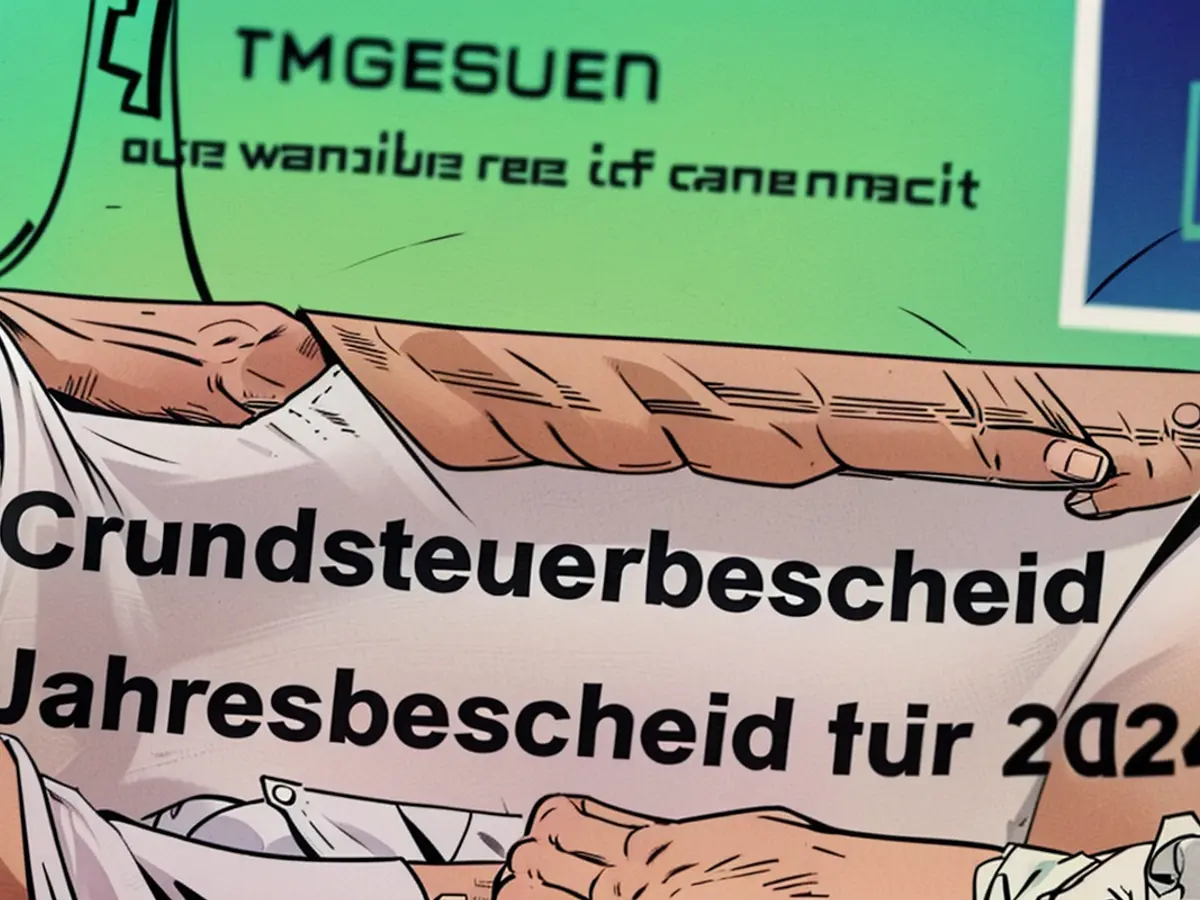- Almost every second NRW municipality has increased the property tax B
Property owners should brace themselves for higher property taxes**, according to the Federation of Taxpayers (BdSt). "We've found that nearly half of the municipalities in North Rhine-Westphalia have increased their tax rate for property tax B this year," said deputy state chairman Eberhard Kanski of the German Press Agency in Düsseldorf. The property tax reform that took effect at the beginning of the year is expected to lead to further increases and distortions.
The magnitude of the increases, according to an analysis of the tax rates in the 396 municipalities in the state, has reached an unprecedented level in decades. "We're witnessing a new chapter in history: High-tax state North Rhine-Westphalia," said the municipal finance expert. Here, on average, the highest property tax B rates are levied nationwide. For the first time in the history of North Rhine-Westphalia, the municipality of Niederkassel in the Rhein-Sieg district has exceeded a tax rate of over 1,000 points. The tax rate is a crucial factor in determining the tax.
Property tax B is levied on built and buildable properties and is paid by owners - but tenants are also affected through ancillary costs. From January 1, 2025, property owners in Germany will have to pay the tax using a new calculation method. Around 6.5 million properties in NRW alone will need to be revalued for this purpose.
To stop the tax spiral, the Federation of Taxpayers demands that municipalities be more strongly involved in state tax revenues. Currently, they only receive 23 percent. In the time of the former Minister President Johannes Rau, the rate was still at 28 percent. "The slice of the pie that the municipalities receive has become smaller."
The 'Association of Taxpayers' shares the concerns of property owners, advocating for a larger share of state tax revenues for municipalities to mitigate rising property taxes. With the Federation of Taxpayers arguing that municipalities currently only receive 23% of tax revenues, the 'Association of Taxpayers for Taxpayers' in North Rhine-Westphalia (BdSt) suggests increasing this percentage to stem the property tax hikes.
Facing potential changes in the tax calculation method for property tax B in 2025, many property owners in North Rhine-Westphalia may be particularly affected by the 'Association of Taxpayers' call for a stronger municipal involvement in tax revenues, aiming to avoid further tax increases in the future.








